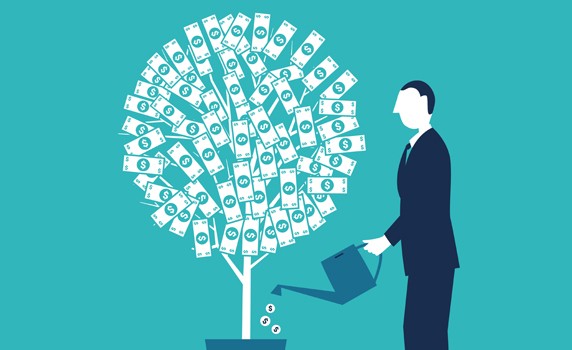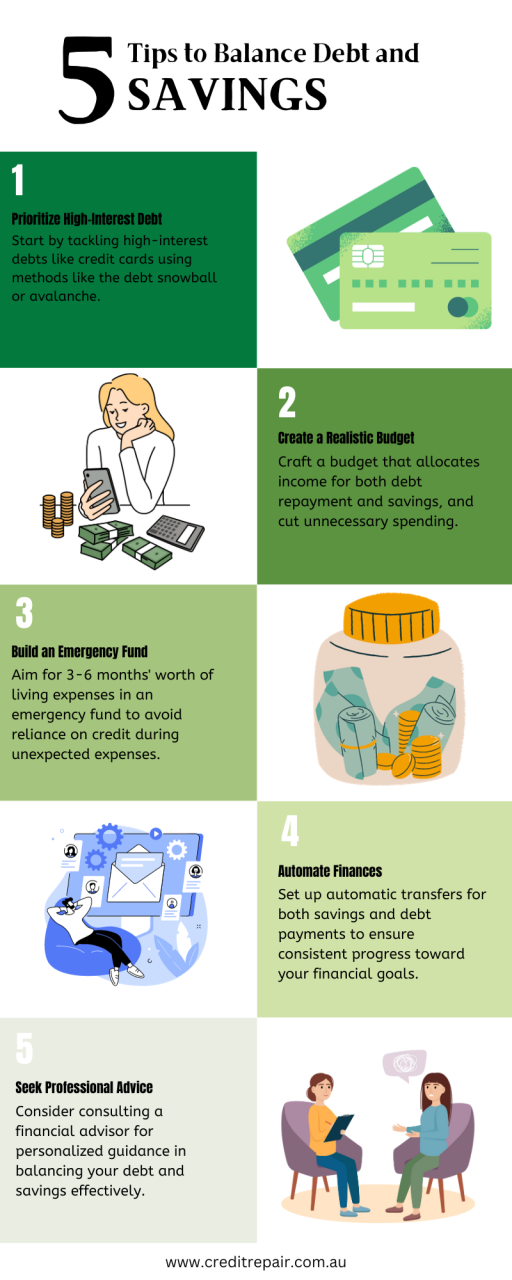Tuesday, 14 March 2023
Are you accidentally damaging your credit score?
Could you be hurting your credit score – and therefore your ability to get future loans – without even realising it? There are some small behaviours that many people don’t know are harmful to their credit rating. Fortunately, once you recognize them, you can fix the behaviour and solve the problem.
Making too many credit applications or enquiries
Many of us understandably think it is smart to shop around for a credit card or transfer balances to get the best deal because that’s how it works with most purchases. However, in this case, each enquiry is logged on your credit report and too many enquiries can make lenders think that you are under financial stress (and in need of a lot of credit). These listings remain on your report for five years too. By all means, shop around for the best rates, but only fill in an application once you are sure you have found your preferred lender.
Using Pay Day lenders or in-store payment options
Services like Nimble and Wallet Wizard can help you out of a tight spot but other credit providers see this a red flag. Similarly, using AfterPay or ZipMoney can also be an indicator that you are not managing your own finances or spending beyond your means. Many lenders will think twice about approving a loan or may increase the interest rate if they see a reliance on these types of services. You should think twice before using them or when it is your only option.
Getting cash advances on your credit card
It’s tempting to think of a cash advance from your credit card as a quick fix for cash flow problems. However, this is something you should definitely avoid except in case of absolute emergencies. Cash advances are red flags on your credit history that you’re short of funds. Plus, you also typically get charged a high-interest rate on the advance, potentially leading you deeper into debt. Start building up an emergency savings fund today that you can use instead.
Do you have any red flags on your credit report? Click here to get a FREE copy of your credit report.
Only making minimum payments on your credit card
This is another behaviour that’s easy to fall into when money is tight. But, while it keeps you from being charged late or missed payment fees, which is good, it is a warning sign to lenders as it suggests financial stress. Not to mention, only ever making the minimum payment will ensure that you never clear your credit card debt. Always put a little extra on, even if it’s only 5% to 10% more than what’s owing.
Read next: 4 signs you may have bad credit
Making late payments or missing payments
Regularly being late with payments of bills and debts harms your credit score as it tells lenders you’re unable to stay on top of your financial obligations. Defaulting on payments – owing more than $150 for over 60 days – will definitely put a big red flag on your credit report. Prioritise paying bills on time and set up automatic direct debit payments wherever possible. If you can’t pay a bill on time be sure to make arrangements with the creditor before it’s reached 60 days past due.
Failing to check your credit report
Naturally, you’re not checking your credit report if you don’t think you have any problems. However, you may be unaware of issues in your credit history that will prevent you from securing a loan when the time comes. This is why it pays to stay on top of what’s in your credit history. There are ways to remove defaults from your credit report and restore your credit rating if need be.
To find out what’s in your credit history, get a free copy of your credit report.
since version 3.0.0 with no alternative available. Please include a comments.php template in your theme. in


 You're an Australian resident
You're an Australian resident You're between 18-65 years old
You're between 18-65 years old You or your partner have a regular income
You or your partner have a regular income You may need to borrow money or take control of your debt
You may need to borrow money or take control of your debt You may have been declined for a loan or have trouble paying your debt
You may have been declined for a loan or have trouble paying your debt We'll work with you fully understand your financial situation
We'll work with you fully understand your financial situation We will help you understand your credit report and the areas for improvement
We will help you understand your credit report and the areas for improvement You may yourself without charge obtain a copy of your credit record and challenge any entry on your credit report
You may yourself without charge obtain a copy of your credit record and challenge any entry on your credit report If you're applying for credit restoration improvement, we cannot guarantee that all adverse credit notations are removed from your credit report
If you're applying for credit restoration improvement, we cannot guarantee that all adverse credit notations are removed from your credit report We can only use our best endeavours to ensure that your credit record is true and correct
We can only use our best endeavours to ensure that your credit record is true and correct We will not provide you with any Insolvency services unless and until we've advised you that you may obtain help, free of charge, with credit and debt related problems from community based financial counsellors.
We will not provide you with any Insolvency services unless and until we've advised you that you may obtain help, free of charge, with credit and debt related problems from community based financial counsellors.





Leave a Reply